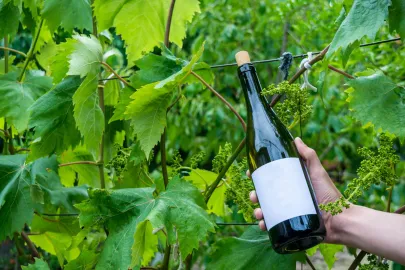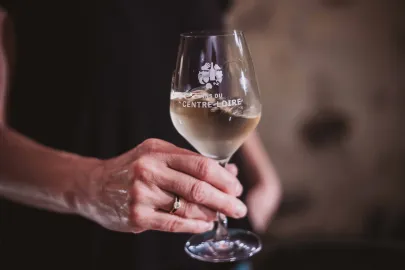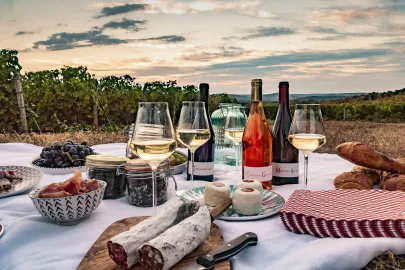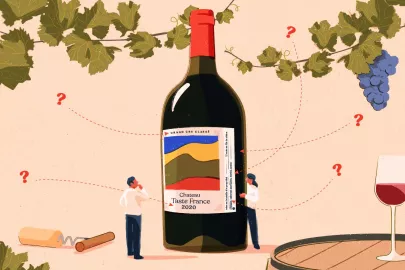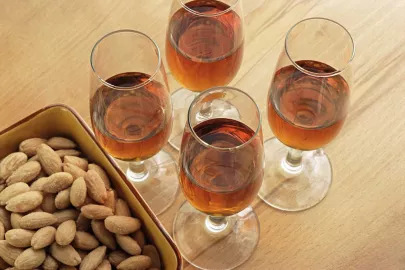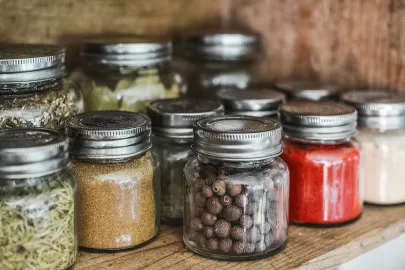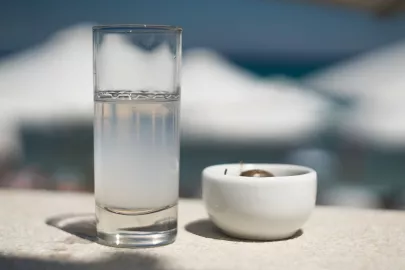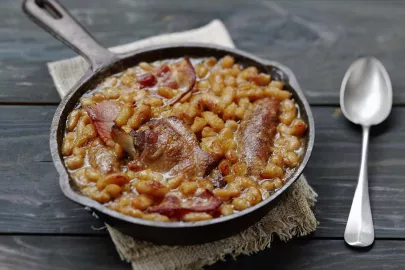Pseudo-professional jargon, reductive tasting notes… discussions of wine can sometimes lack the human touch. And in many ways, even be nonsensical.
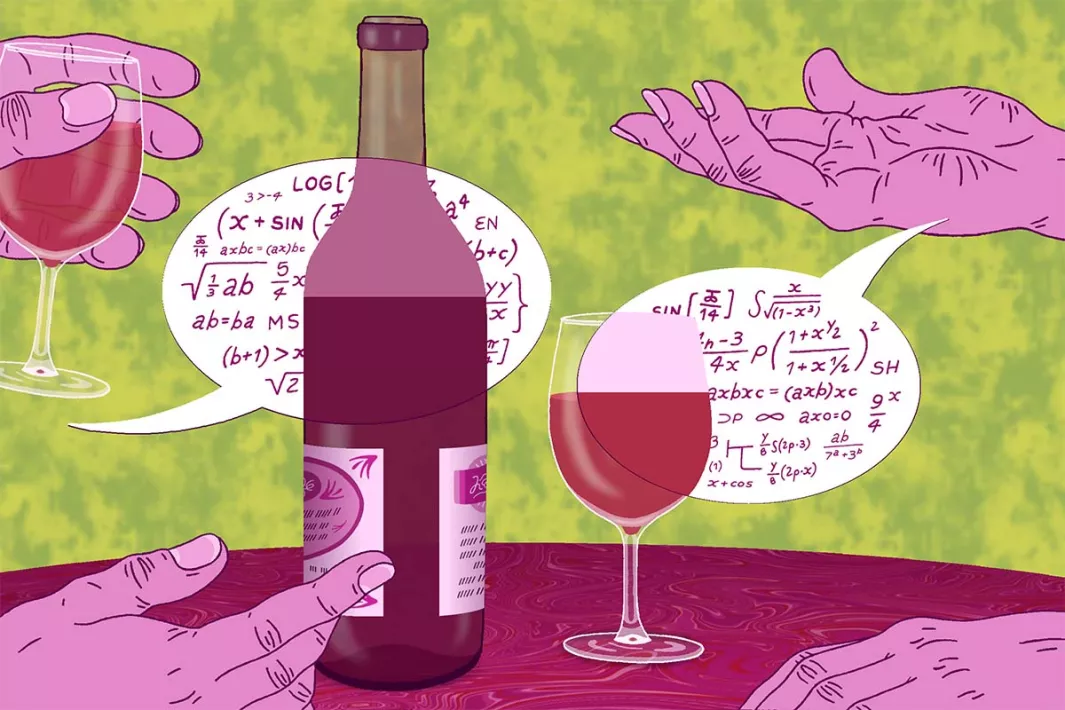
When it comes to explaining or commenting on a wine, some people still cultivate the self-segregating attitude of the “expert”, adopting a learned vocabulary that is unintelligible to the rest of the world. Oftentimes, they dissect the wine instead of tasting it: rather than allowing themselves to be transported by it, they imprison it inside a standardized marking template, on the lookout for the slightest defect that may cause it to deviate from the expected masterpiece. Talk about ice-cold analysis! Worse still, their obscure comments come with scores! That’s right, these “experts” mark their wines out of 10, 20 or 100 like some sort of math homework assignment. Totally reductive! How can you convey a pleasure or an emotion via a basic quantified score?
This “dictatorship by numbers”, which is so common in modern society, leaves me baffled. It is a euphemism. Rankings are a brutal tool, like an ax, without nuances. Back in the heyday of the famous Robert Parker, the now-retired US critic, Bordeaux wines were described only via the scores of 89, 90 or 95/100 awarded by the “master”. Mandatory scoring for all is a step too far, practically constituting an abuse of power: It puts the taster in the position of a judge, above the actual winegrower. Surely tasting should be a meeting between a wine – which can be subject to its own “moods” – and a person who, it must be assumed, also has their own? In other words, would the same wine, tasted on one given day, necessarily have the same score the next day? I doubt it. And what's more, this method judges nothing but the finished product.
The same people who maintain that wine is a matter of culture or even heritage then score it like some factory product; like a washing machine undergoing a battery of tests. To do so is to ignore its context, its history, its terroir, its geography, the vintage, the climate, and other factors. Tasting a wine also requires a knowledge of how to grasp all these parameters, and – most importantly – the philosophy of the man or woman who produced it.
Fortunately, every language affords us much more than a score and a set of jargon understood only by a few select initiates, containing all the words required to introduce, describe, and explain a wine with precision and sensitivity.
Contributor

Editor

